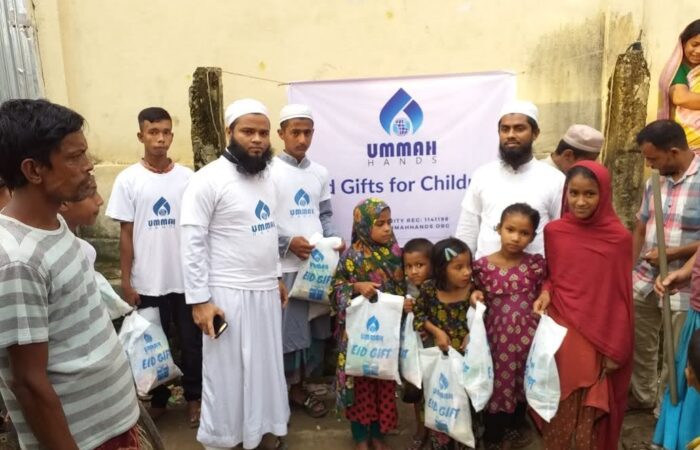Did you know that Rohingyas are among the most critical ethnic groups currently in need? As described by the UN High Commissioner for Refugees, he affirms that the Rohingya refugee crisis is “the most urgent refugee emergency in the world.” The acclaimed severity did not happen overnight, it was after the sinister crackdown of August 2017, that Myanmar’s army sent hundreds of thousands of Rohingya Muslims to evade across the border into Bangladesh.
Risking everything they had, including their lives, the Rohingyas evaded across the border, either by sea or foot in hopes of salvation at one of the two official registered refugee camps. More than 860,000 Rohingyas have migrated to Bangladesh ensuing August 2017, according to the UN Refugee Agency. Although a substantial number on paper, their conditions remain dire. Not only has Bangladesh denied the arrival of any more Rohingya Muslims (as of March 2019), those who managed to arrive before the block is in the most distressing states.
There is little to no access to even the most basic of necessities (food, clean water, proper sanitation, education) and it is at an alarming 1.3 million people (both local community members and refugees) are in grave need of humanitarian aid. Rohingya Muslims currently reside in ten by sixteen-foot shelters, often with one room and a minimum of five family members, with up to twenty residents sharing a single latrine.
Disease outbreaks are habitual in the humid heat of Bangladesh, respiratory infections, head rash, and head lice are a few among a list of communicable diseases that refugees (especially children) endure. Acutely, children especially young girls, are also forced to combat protective struggles such as sexual violence, child abuse, child marriage, child labor, and trafficking.
World Vision has collaborated with the U.N. and a number of other philanthropist organizations in order to better situations concerning Rohingyas and are urging people to assist in any way they can, anything from spreading awareness of the topic to donations are an immense help towards Rohingya Muslims suffering in Bangladesh.


